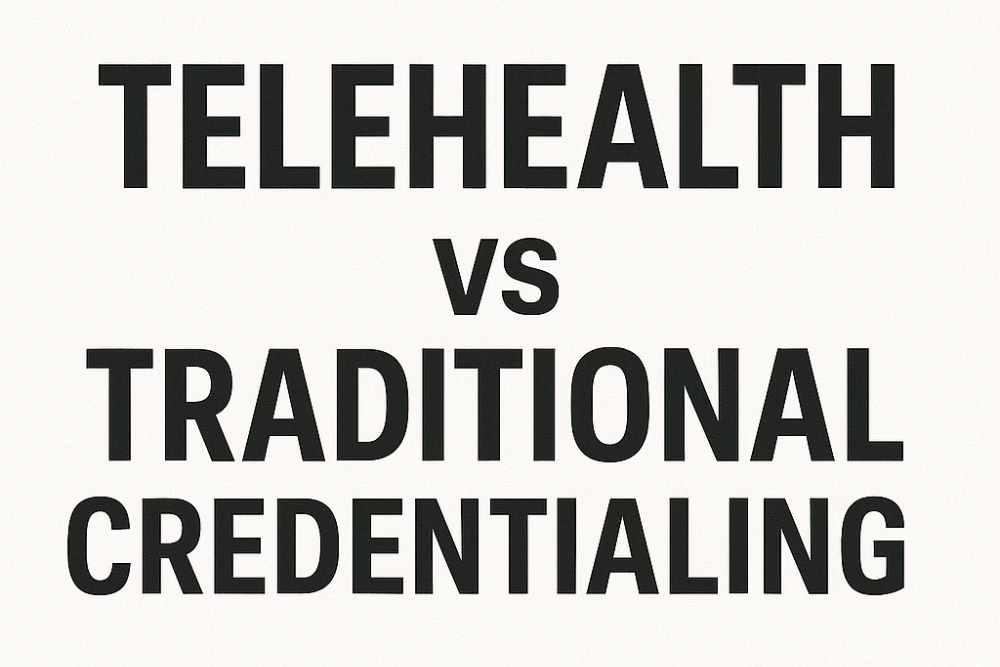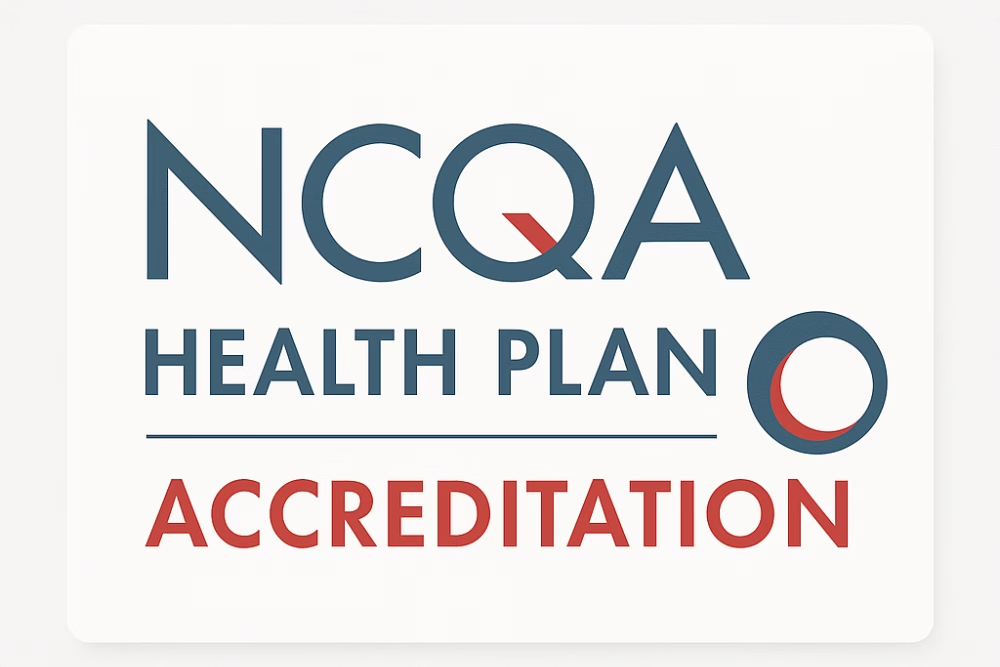Credentialing is the foundation of compliance, patient safety, and payment readiness in healthcare. For healthcare providers, practice managers, and clinic owners, staying on top of credentialing deadlines for healthcare providers is essential to avoid financial setbacks and service disruptions.
In 2025, credentialing timelines remain tight, with most applications taking between 60 and 180 days to process. Missing a deadline isn’t just a clerical error—it can lead to serious revenue loss, frustrated providers, and diminished patient trust.
The Real Cost of Missed Credentialing Deadlines
Overlooking or delaying credentialing can create a ripple effect across your practice:
-
Delayed Start of Services: Providers can’t treat patients or bill insurers until they are fully credentialed.
-
Lost Revenue: One uncredentialed provider seeing 15 patients a day at $500 per visit could lose $7,500 daily. Over weeks, this adds up to significant losses.
-
Provider Burnout: Credentialing delays often leave providers feeling powerless and demotivated, impacting morale and retention.
-
Disrupted Patient Care: Short-staffed practices may struggle to meet patient demand, causing scheduling bottlenecks.
-
Reputation Damage: Consistent credentialing delays reflect poorly on your practice’s professionalism and operational reliability.
Proactive Strategies to Stay Ahead of Credentialing Deadlines
Avoid the high cost of delays with these practical 2025 credentialing strategies:
1. Start Early
Initiate credentialing at least 90–120 days in advance. Earlier is better, especially if onboarding multiple providers.
2. Verify Documentation Thoroughly
Check every document for accuracy, NPI numbers, state licenses, DEA certificates, board certifications, malpractice coverage, and hospital affiliations. One missing detail can stall the entire process.
3. Maintain Strong Communication
Keep lines open with payers, employers, and credentialing bodies. Timely responses and transparent updates help move things forward.
4. Follow Up Regularly
Don’t assume the process is moving. Set weekly or biweekly follow-ups with credentialing teams and insurance contacts to check status and troubleshoot issues.
5. Use Credentialing Software
Platforms that offer tracking, document management, and automation make it easier to manage tasks and avoid deadline slips. Calendar integrations and alerts are must-haves for busy teams.
2025 Key Takeaways: Stay Credentialing-Ready
Credentialing is not a one-time event; it’s a continuous process. Staying on top of credentialing deadlines for healthcare providers is critical for maintaining your revenue cycle, practice flow, and team satisfaction.
With the right tools, processes, and mindset, your practice can stay compliant, profitable, and patient-focused.
Let eClinicAssist Help You Meet Every Credentialing Deadline
Credentialing doesn’t have to be a bottleneck. At eClinicAssist, we offer tailored credentialing support to help your practice stay ahead of deadlines, streamline applications, and eliminate administrative stress.
👉 Contact eClinicAssist today for a free consultation and discover how we can help you protect your revenue and empower your providers.







